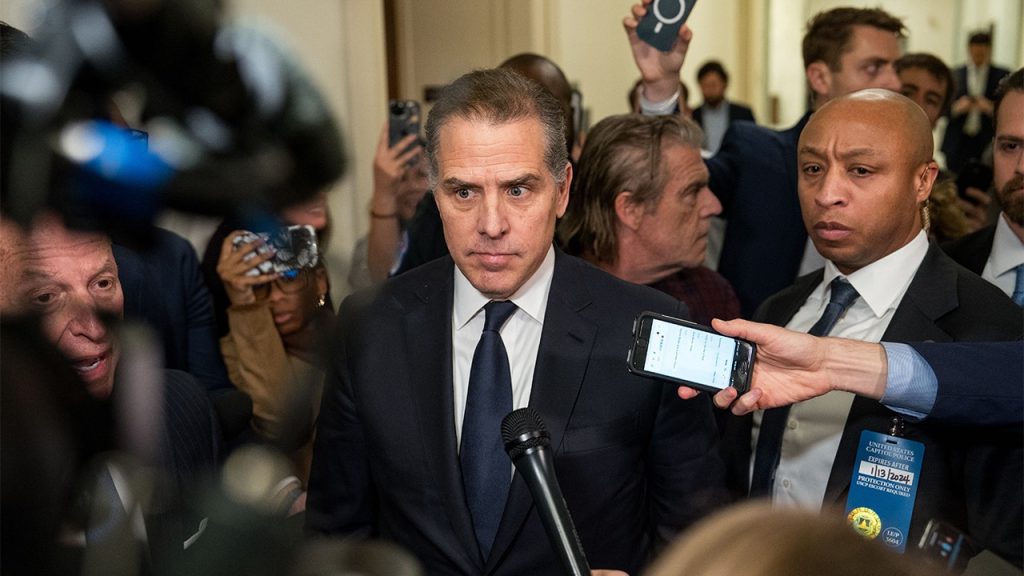Hunter Biden’s defense attorney, Abbe Lowell, outlined his strategy in a Delaware federal court regarding the key element of who filled out a critical federal gun form in question. The government’s case against Hunter Biden revolves around him checking a box on a government form, ATF form 4473, which stated he was not using or addicted to drugs at the time of purchasing a gun. Two versions of the form exist, with one being emailed on Oct. 26, 2018, and admitted into evidence by U.S. District Court Judge Maryellen Noreika. The other version was filled out at a gun store, where an employee named Gordon Cleveland helped Biden complete the physical form. It is likely that Cleveland will testify that Biden filled out and signed the form as indicated.
Abbe Lowell raised concerns about who actually wrote on the form, indicating potential tampering with the document by suggesting that Gordon Cleveland accepted an ID he shouldn’t have and that the gun store owner, Ron Palmieri changed the form. Judge Noreika questioned whether there was evidence that Biden did not check the box as indicated on the form. The issue of credibility surrounding the gun store employees came into focus, with Noreika considering allowing examination of their credibility during the trial process. The trial, scheduled to begin with jury selection on June 3, is expected to run for approximately two weeks, possibly extending into the following week.
As the courtroom proceedings unfolded, Hunter Biden, who sported tangerine-colored reading glasses at times, interacted with sketch artist Bill Hennessy, asking about the progress. The defense’s focus on the process of completing the form and potential tampering raised questions about the accuracy of the information provided on the document. The possibility of challenging the credibility of gun store employees who assisted in filling out the form emerged as a key element of the defense’s strategy. Judge Noreika’s interest in allowing examination of the employees’ credibility during the trial indicated a potential avenue for the defense to explore in the courtroom.
The government’s reliance on the form completed by Hunter Biden at the gun store to build its case against him for allegedly falsifying information related to his drug use at the time of purchasing a gun was challenged by the defense. Abbe Lowell’s focus on potential tampering with the form suggested a defense strategy geared towards undermining the government’s case. The trial, set to begin in early June, presents an opportunity for both sides to present evidence and arguments related to the completion of the form and the circumstances surrounding it. Hunter Biden’s interaction with the sketch artist after the proceedings highlighted the personal nature of the legal battle he faces and the potential impact on his reputation and future.


